NEWS FROM THE WORLD
European Commission files a lawsuit against Slovakia over segregation of Roma people
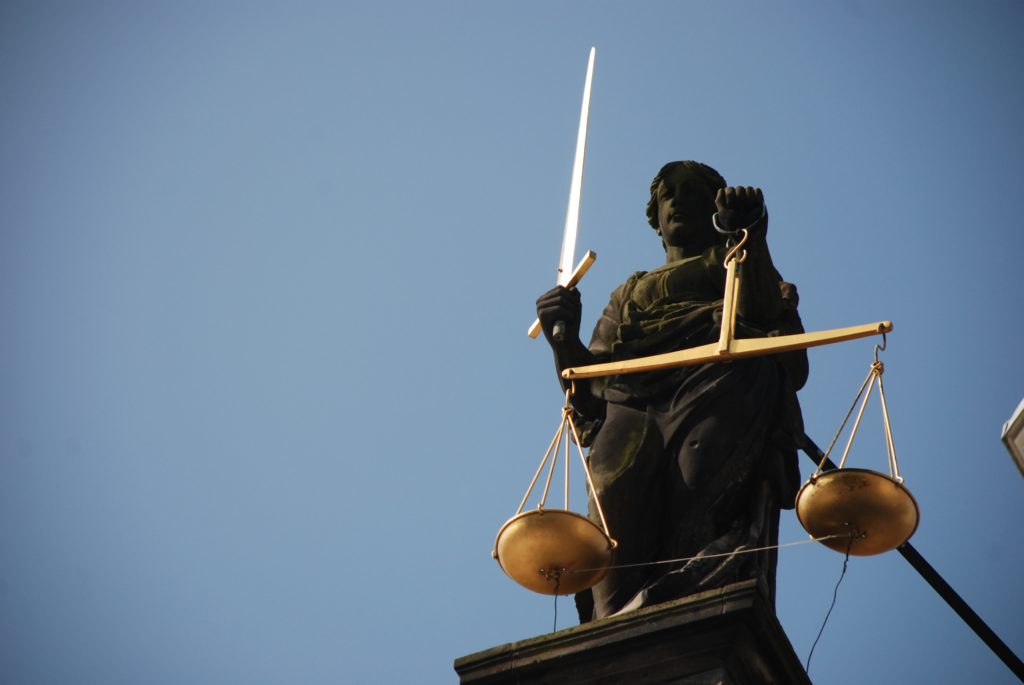
Slovakia has been taken to the Court of Justice of the European Union for its long-standing failure to address the segregation of Roma children in education. European Union rules prohibit any form of discrimination, which, in the case of the Roma people in Slovakia, only exacerbates the societal impact. Despite the implementation of legislative reforms and strategies, the European Commission has stated that these measures are insufficient and that discrimination against Roma children in education persists. Slovakia has the highest rate of segregation of Roma people in education among the EU Member States, with 65% of Roma pupils attending schools where all or most pupils are Roma pupils.
Human Rights Watch calls for a halt to the repatriation of Rohingya refugees
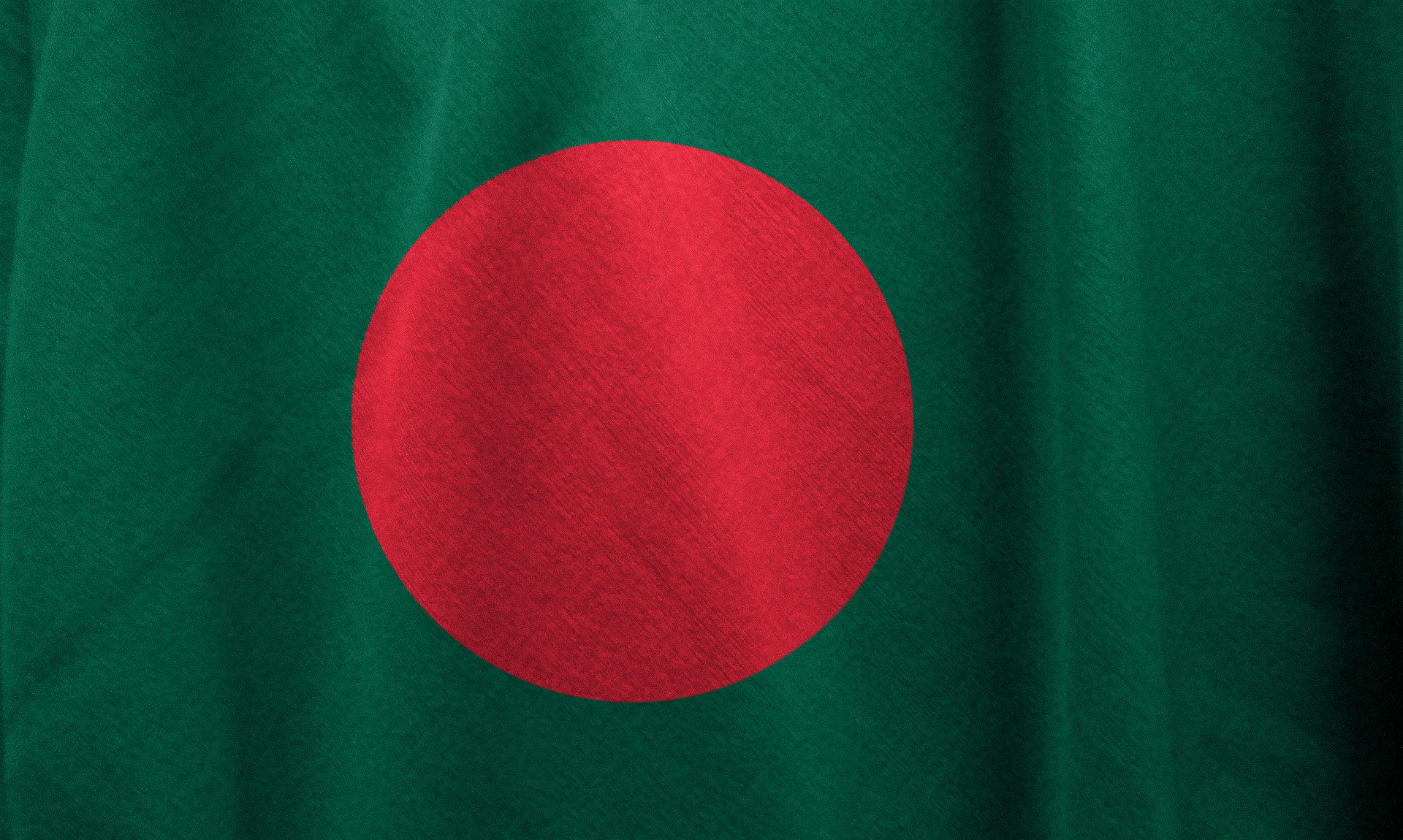
Human Rights Watch has called on Bangladesh to halt its plans to repatriate Rohingya refugees back to Myanmar due to the ongoing threat to their safety and freedom. Rohingya refugees claim that Bangladeshi administrators have deceived or coerced them into meeting with a delegation of Myanmar junta officials as part of a “pilot repatriation.” Human Rights Watch has argued that there are no circumstances for voluntary and dignified return as long as the military junta continues to carry out massacres and continues to rule Rakhine State in a form of apartheid.
Former US and Afghan diplomats express concern over normalisation of relations with the Taliban
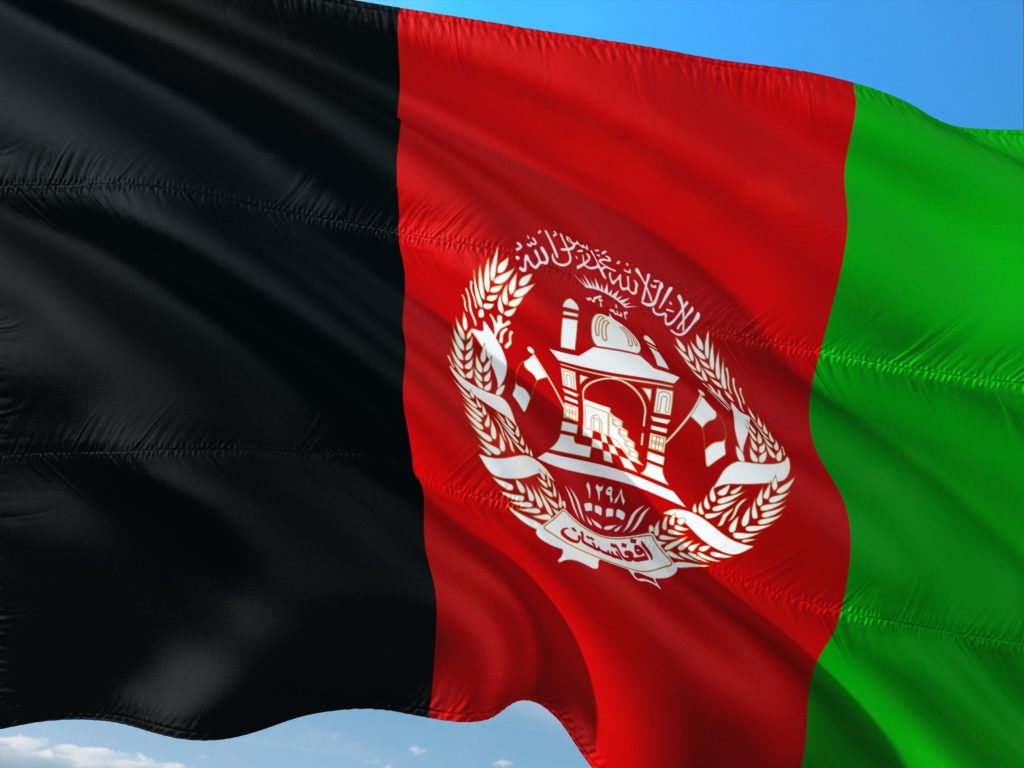
Former US and Afghan diplomats have urged politicians to reject the normalisation of the Taliban regime, citing growing despotism and human rights abuses. The authors express concern about the acceptance of Taliban representation despite the regime’s increasing brutality. They argue that we should be under no illusions about the Taliban’s determination to eradicate terrorist groups in Afghanistan, given that the regime is under UN sanctions because of their presence on Afghan territory. It is unacceptable for the international community to support the brutal dictatorship of the Taliban, which ignores the basic human rights and freedoms of its citizens.
Hungary passes a law discriminating against LGBTQ+ families
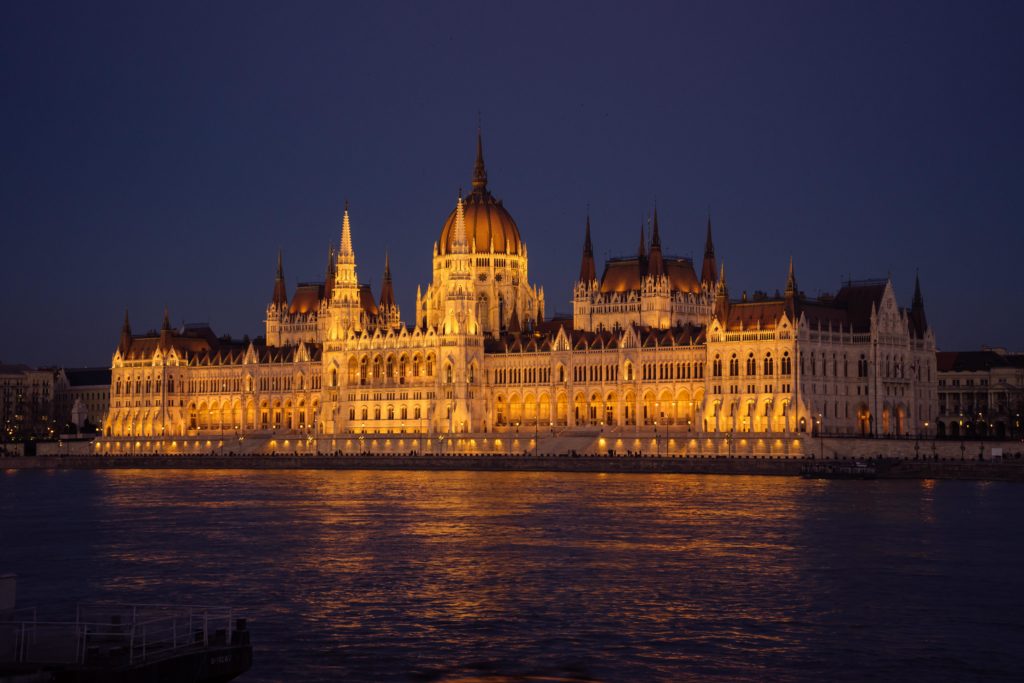
Hungary has passed a law allowing citizens to report same-sex families to the authorities who allegedly violate the country’s view of marriage and family. The law, which only recognises marriage between a man and a woman, has been criticised by LGBTQ+ advocates and was vetoed by President Katalyn Novak. The law is seen as a continuation of Viktor Orbán’s attacks on same-sex families and raises fears of continued discrimination by his ruling party. It has previously been accused by the European Court of Justice of discriminating against LGBTQ+ people.
Central Asian countries deliberately disrupt internet access during public protests
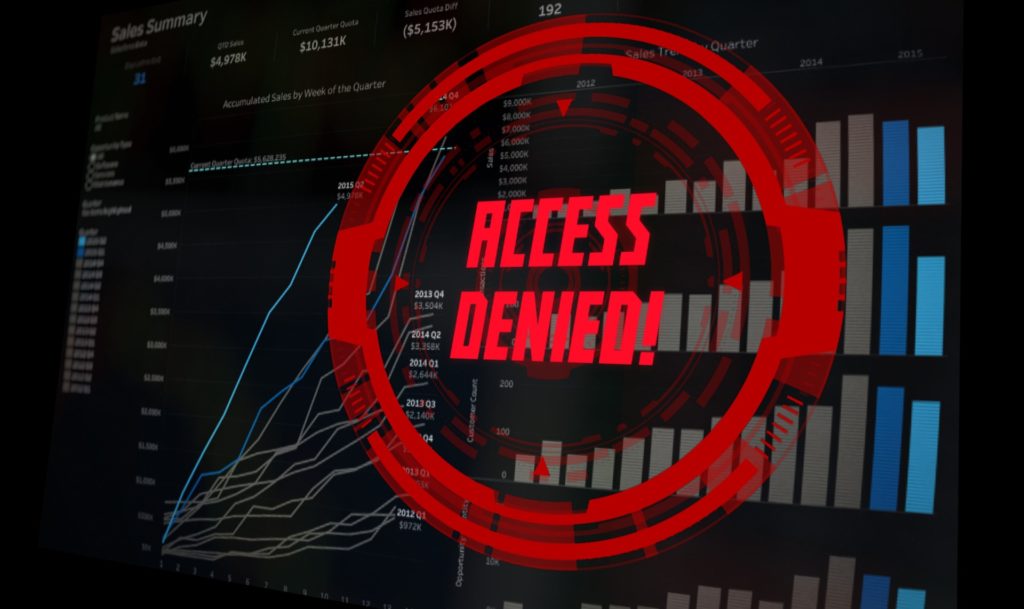
In 2022, several Central Asian countries deliberately cut off internet access during public protests, citing national security and public safety concerns. The most significant impact was in Kazakhstan, where a complete internet blackout during the January events cost approximately USD 410 million. Despite varying levels of internet usage, leaders in the region were willing to take extreme measures, including shutting down the internet completely, and the Kazakh government faced criticism for its handling of the protests.
NEWS FROM SLOVAKIA
Council of Europe Commissioner urges the Slovak government to adopt a comprehensive approach to promoting and protecting the rights of LGBTQ+ people
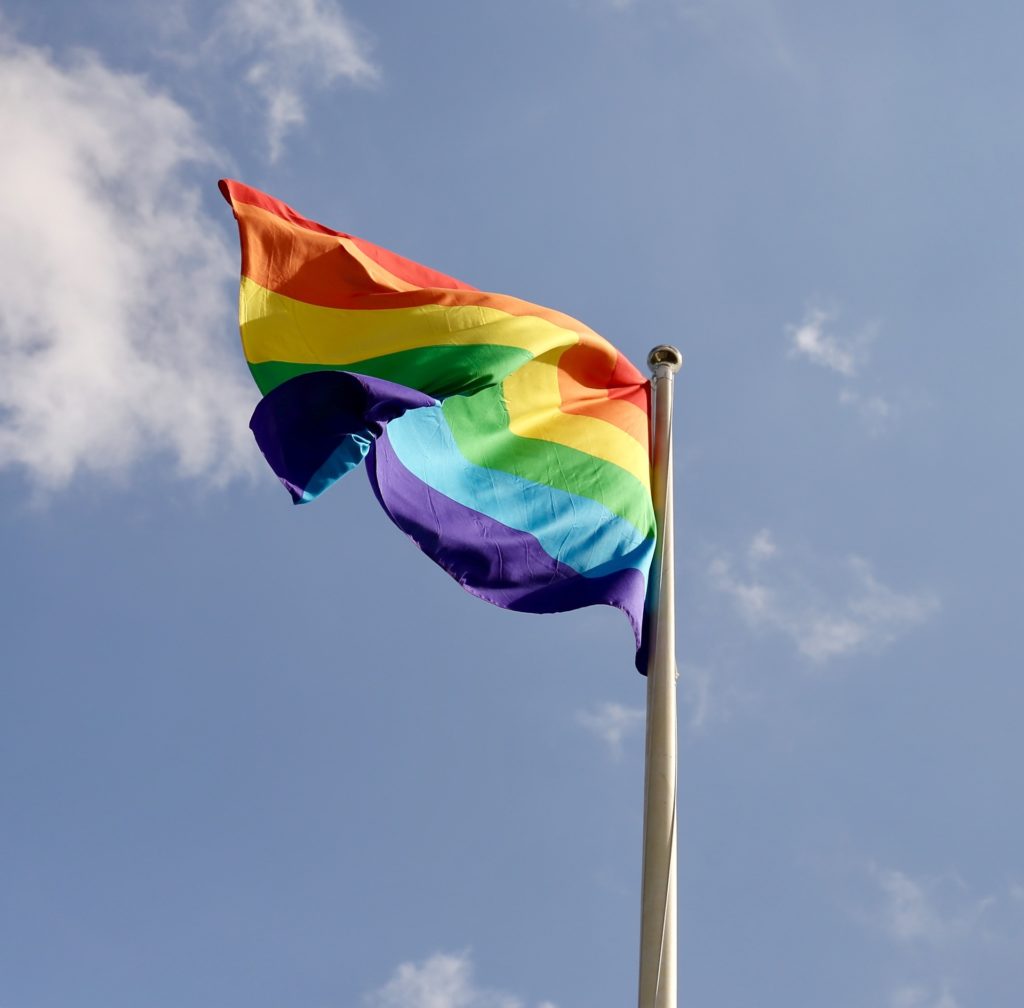
Council of Europe Commissioner for Human Rights Dunja Mijatović has called on Slovakia to protect the human rights of LGBTI people following the October 2022 terrorist attack on Tepláreň. Mijatović expressed concern about the lack of progress in ensuring equal treatment for LGBTQ+ people. She also criticised a draft law that would make it more difficult for transgender people to have their gender identity legally recognised. The Slovak Republic, according to the Commissioner for Human Rights, should ensure fair legal recognition procedures that respect human rights principles. She stresses the need to adopt a comprehensive approach ensuring the promotion and protection of the rights of people from the community.

